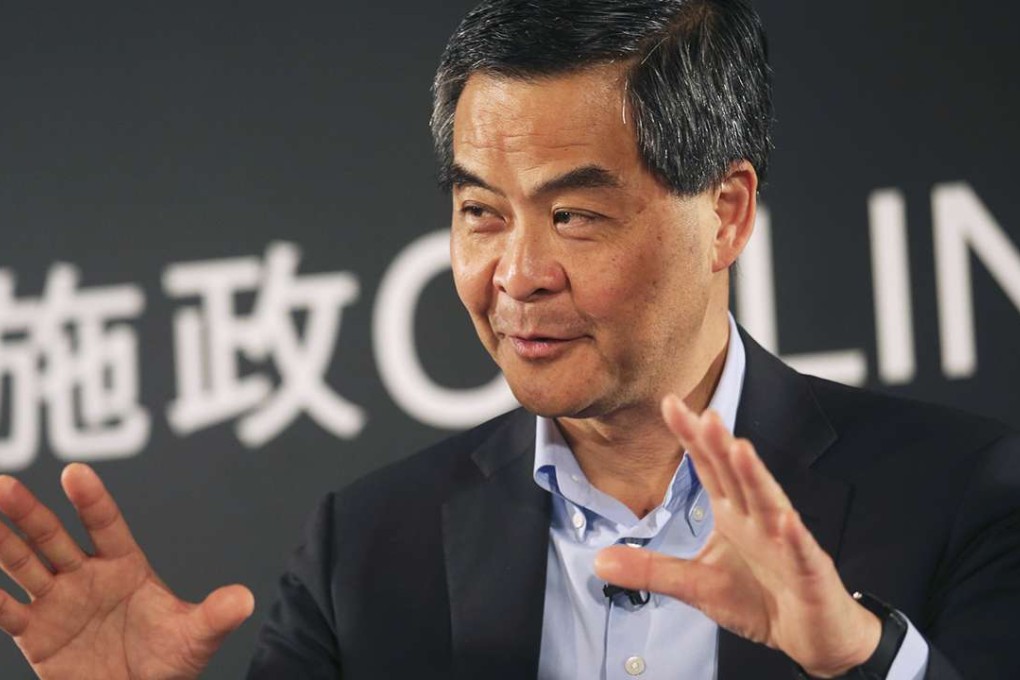Advertisement
‘I hate abuse of privilege’: Leung Chun-ying criticised over daughter’s left luggage saga
Former NPC member David Chu Yu-lin’s public attack on Hong Kong leader
Reading Time:3 minutes
Why you can trust SCMP
0

A former member of National People’s Congress said he “hates” abuse of privilege and would follow up on the saga sparked by a piece of left luggage belonging to Chief Executive Leung Chun-ying’s daughter last month.
David Chu Yu-lin spoke after his surprising appearance at Sunday’s protest, in which more than 1,000 people staged a sit-in an the airport, protesting how Leung allegedly exerted pressure on airport staff to deliver Leung Chung-yan’s luggage from a non-restricted area to a closed-off area last month.
Leung has denied the allegations.
“I went to [the protest] by myself, as I hate abuse of privilege,” Chu told Commercial Radio on Monday morning.
He claimed at the protest that the airline worker who allegedly spoke on the phone with the city leader was “in tears” after the conversation.
Advertisement